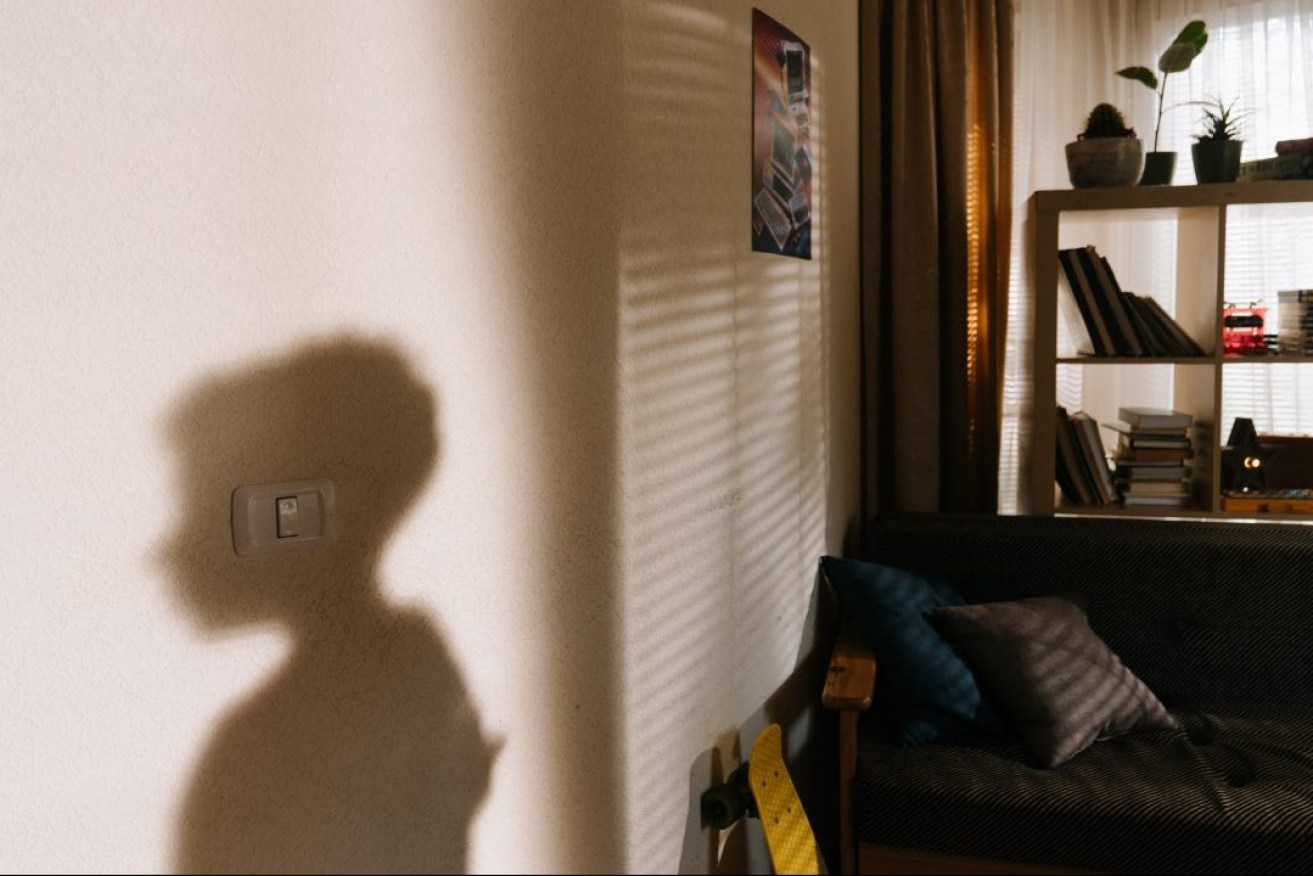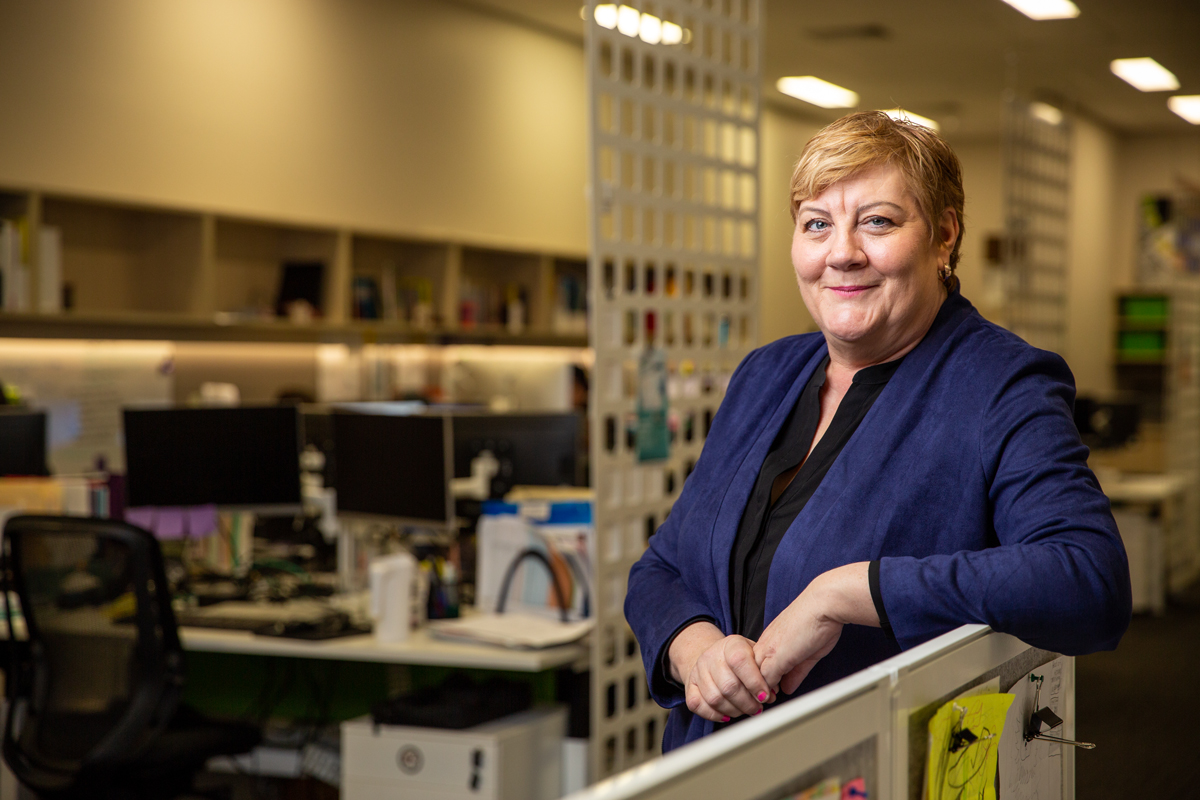SA children with disabilities being housed in caravan parks, Airbnbs
South Australia’s Children’s Commissioner has raised the alarm about a growing number of children with disabilities living in out-of-home care, revealing some are housed in caravan parks or Airbnbs due to a lack of stable accommodation.

Photo: Pexels
Commissioner Helen Connolly told InDaily she was concerned that the state government was housing children with disabilities in “crisis” temporary housing, with some forced to move between placements multiple times a year.
According to Connolly, on June 30 this year, 34 South Australian children and young people with disabilities lived in voluntary out-of-home care – an increase on the year before.
Her office identified that 18 of those children did not have access to stable, safe or appropriate accommodation. Among those, Connolly reported:
- Three were placed in emergency temporary accommodation such as Airbnbs or caravan parks
- There were five incidents of “social admission” to hospital
- Children had “extended stays” at the Kurlana Tapa youth detention centre on two occasions
- On five occasions, children remained in respite care due to a lack of alternative accommodation
- There were six incidents of children moving between placements due to care concerns
The Department for Humans Services told InDaily that currently, one out of 36 children living in voluntary out-of-home care is in temporary accommodation.
“This is a small group of kids who have high needs and really need a bit of a spotlight,” Connolly said.
“They really are invisible because there are so many systems involved in their lives, but because of the limitations in every system, it kind of compounds.”
Voluntary out-of-home care is considered a last resort option for parents of children with complex disability support needs who are unable to be cared for at home.
Parents retain guardianship of their children, but depending on the circumstances, some are cared for around the clock by rostered carers outside the family home.
The arrangement is run through the Department for Human Services’ Exceptional Needs Unit, with the state government funding the children’s board and lodging, while the National Disability Insurance Scheme pays for carers to provide 24/7 support.
The department told InDaily that parents retain choice and control over the NDIS providers that support their child.
“For all the right reasons we said we didn’t want kids in institutions and so we closed big disability units, which was great,” Connolly said.
“But now, the government struggles to get accommodation the same way as everyone else struggles, so we’re ending up in situations where kids are in caravan parks or Airbnbs, or wherever else.”

SA Commissioner for Children and Young People Helen Connolly. Photo: Ben Kelly/SA Life
Connolly recently raised her concerns in a submission to a parliamentary inquiry into housing for NDIS participants with complex needs.
She said her office found South Australia has the third highest number of children living in voluntary out-of-home care in the country behind Victoria and New South Wales, with South Australian children making up about 15 per cent of the national estimate.
“When the ENU – the Exceptional Needs Unit – was established years ago it was very much an adult focus, but now they’re saying nearly half of their clients are under 25,” Connolly said.
“There’s been a big shift in their business and then within that there’s this cohort of kids who are unable to live at home, but because we’ve got a housing crisis as well, they’re kind of not in the one property, they’re having to move or stay in pretty inappropriate accommodation.”
Connolly’s office found the most common disability among children in voluntary out-of-home care was autism, with most children also living with intellectual disability and a smaller number having Fetal Alcohol Spectrum Disorders (FASD) or cerebral palsy.
This group of children and young people are generally invisible to policymakers and service providers
The youngest child living in voluntary out of home care in South Australia last financial year was eight-years-old.
According to Connolly’s office, the majority of children were male, more than half were known to be from single-parent households and many had siblings who had been identified at risk of harm due to the impacts of disability.
“Many of these children are living with complex mental health needs as well as complex behavioural and sensory needs, all of which can be compounded by the trauma and confusion of being isolated from their family members and familiar home environment,” she wrote in her submission to the parliamentary inquiry.
“This group of children and young people are generally invisible to policymakers and service providers – they are assumed to be at home in the care of their parents.
“No one is designing housing with children and young people with complex disability support needs in mind.”
In a statement, a spokesperson from the Department for Human Services said the “vast majority” of children and young people with disabilities in voluntary out-of-home care (VOHC) lived in stable and appropriate housing.
“The Exceptional Needs Unit (ENU) is committed to ensuring that all VOHC clients and their families are supported to have their short-term and long-term needs met,” they said.
Connolly said her office would start monitoring and reporting on the number of South Australian children entering voluntary out-of-home care.
She said she hoped the parliamentary inquiry and her submission would prompt policymakers to question how children with complex disability needs should be housed.
“I’m not sure we’ve got a consensus in the community about what an alternative is,” she said.
“We don’t want institutions, but we don’t want kids living with around the clock carers in a caravan park or Airbnb.
“I don’t think there’s a particularly easy answer, but my reason for the submission was to say we do have this group of kids and let’s shine a spotlight on them.”
It comes after the former Marshall Government in 2020 stopped placing children under the guardianship of the Child Protection Department in commercial care – also known as emergency care.
Children who were placed in commercial care stayed at private premises such as residential care units, motels or hotels, and were looked after by agency staff who worked shifts on a rotating 24 hour, seven-day per week roster.
Commercial care was phased out following Margaret Nyland’s 2016 Royal Commission into the state’s child protection system.




